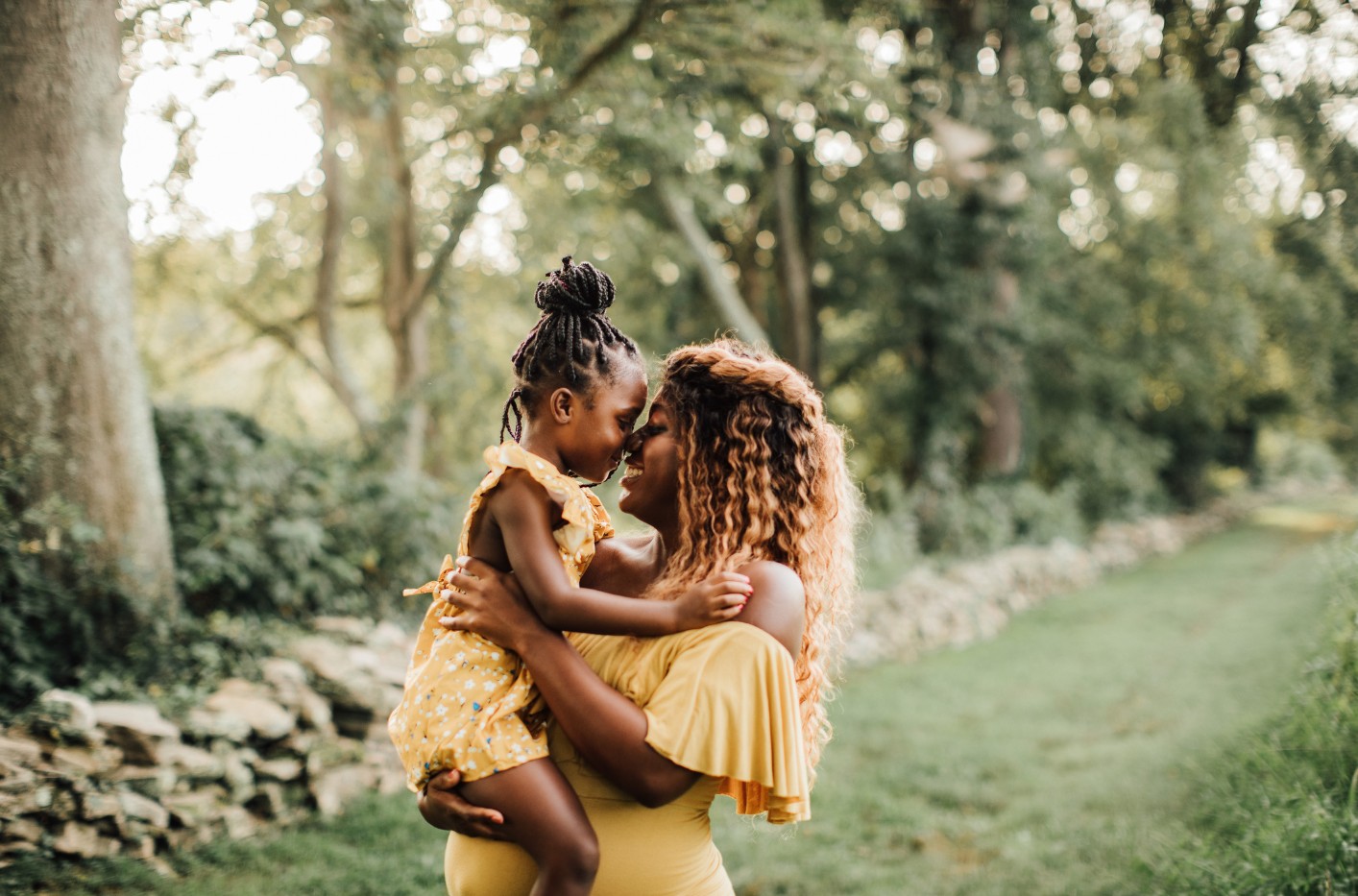Learning Self-Love Alongside My Daughter

By Deshna Bhansali
When I became a mother, I thought my job would be to teach my daughter about the world—how to be kind, brave, and curious. What I never expected was how much she would end up teaching me, especially about something I’ve quietly struggled with all my life: loving myself.
I’ll be honest—I’ve never been very good at self-love. Like many women, I grew up surrounded by subtle messages about what a “good body” should look like—slim, flawless, never tired, always glowing. Even as an adult, those whispers sometimes still echo in my head when I glance at the mirror. That’s why the idea of raising a body-positive child felt overwhelming. How could I teach my daughter something I was still struggling to practice myself? And then, one quiet evening, Avira, my daughter, taught me a lesson.
The moment that stopped me
I was getting ready for bed, brushing my hair in front of the mirror. I sighed without thinking and muttered to myself, “Mama doesn’t look nice today.”
Avira, only three, was sitting nearby playing with her clay. She looked up at me, tilted her head, and said with complete certainty, “But Mama, you are pretty. You make me happy.”
I froze. Her words landed heavier than any lecture, heavier than all the self-help books I’d skimmed. To her, I wasn’t imperfect; I wasn’t flawed. I was simply her safe place, her source of joy.
At that moment, I realized something: children don’t measure us by the lines on our face or the shape of our body. They measure us by our love, our warmth, our laughter. And if Avira could see beauty in me, maybe I could learn to see it too.
What our kids teach us about bodies
Watching Avira move through the world is like watching freedom. She runs with abandon, never worrying about how she looks. She squats low over her clay projects for hours, completely absorbed, her little fingers strong and steady. She bursts into giggles when she jumps a little higher than yesterday.
She doesn’t care about “body image”. She simply uses her body—with joy, curiosity, and gratitude. She reminds me that our bodies aren’t ornaments to be judged; they’re instruments for living.
That, I think, is the first step to body positivity—noticing what our bodies can do, not just how they appear.
Changing my words
Since that evening, I’ve tried to be more mindful of the language I use. Children soak up words like sponges, and if I constantly criticize myself, my words may become Avira’s inner voice one day.
So instead of saying, “I look terrible,” I say, “I’m tired and need to rest.” Instead of telling her, “I ate too much,” I say, “That meal made me feel full and happy.”
These may seem like tiny shifts, but they matter. They teach her that food isn’t guilt, and that bodies need care, not criticism.
Little rituals of self-love
Avira and I have started some simple rituals together:
• Saying one thing we like about ourselves before bed.
• Doing “happy stretches” in the morning.
• Smiling at the mirror, even if mine feels forced some days.
She giggles when she tells me she loves her “fast legs” or “strong arms”. And hearing her makes me want to join in, even if my answer is shaky. In truth, I think she’s teaching me more than I’m teaching her.
Modeling imperfection with compassion
There are still days when I slip. Days I catch myself sighing at my reflection, or binge-eating due to stress, and then regretting it. But instead of hiding those feelings, I’m learning to show her what compassion looks like in practice.
I’ll tell her, “Mama is being a little unkind to herself today, but I’m going to rest and try again tomorrow.”
I don’t want her to think self-love is a perfect state you magically arrive at. I want her to see it as a daily practice—messy, imperfect, but worth the effort.
Growing together
That night when Avira told me, “You make me happy,” I realized that maybe raising a body-positive child isn’t about being the perfect role model. It’s about being willing to learn with them.
She may not remember every word I say, but she’ll remember the way I tried—the laughter during our silly dances, the gentle language, the rituals of love. And maybe, through raising her, I’ll learn to raise myself too, with more patience, more kindness, and more love. Because in the end, children don’t just inherit our habits. They hold up mirrors to the parts of us we forget to love. And sometimes, all it takes is the honesty of a child to remind us that beauty is not in perfection, but in presence, warmth, and connection.
About the Author
Deshna Bhansali is a finance professional and storyteller, originally from India and now building a life in Bangkok. With quiet grit and relentless effort, she’s created her own support system. Her daughter, Avira, is her joy and mirror—reflecting the strength and self-belief behind her journey.
